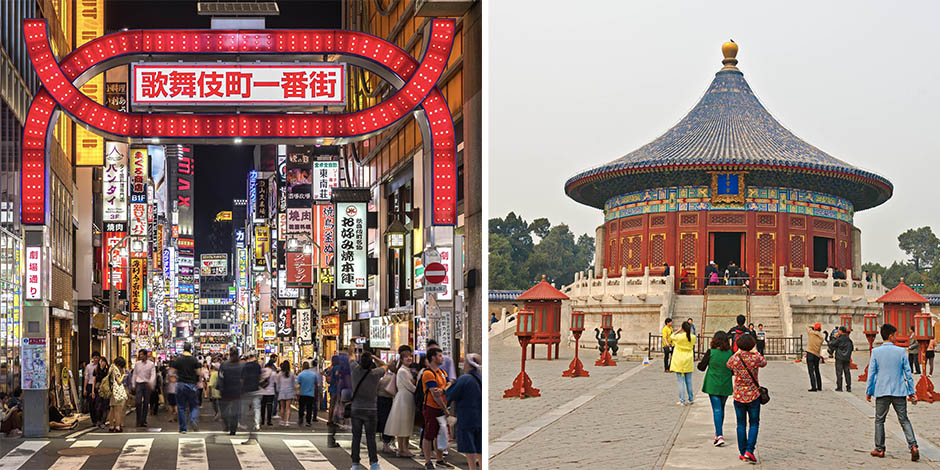This complimentary online seminar will overview the multifaceted architectural and urbanist dimensions of East Asia - from its urban planning concepts and monuments, to construction techniques and aesthetic concepts.

Seminar Topics
This complimentary online seminar will overview the multifaceted architectural and urbanist dimensions of East Asia - from its urban planning concepts and monuments, to construction techniques and aesthetic concepts.
